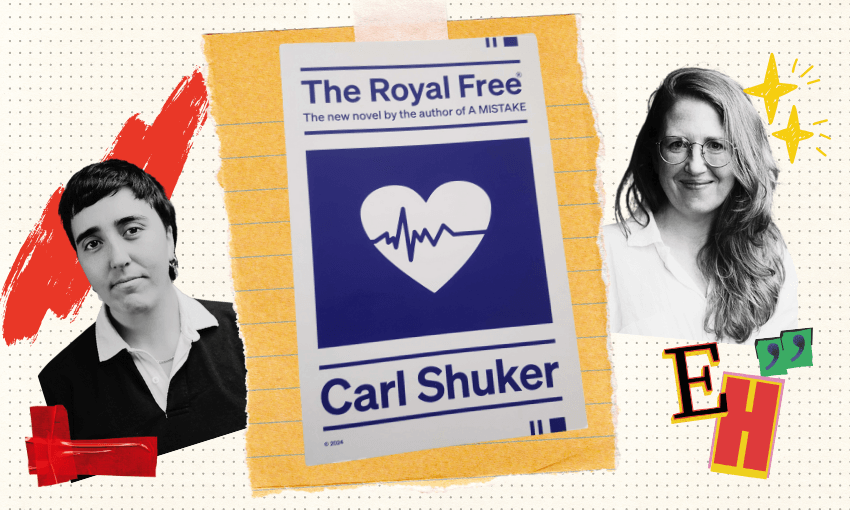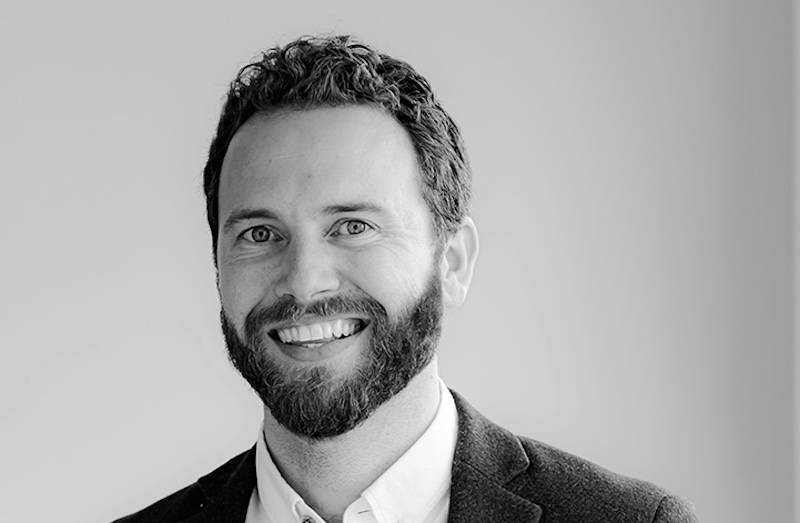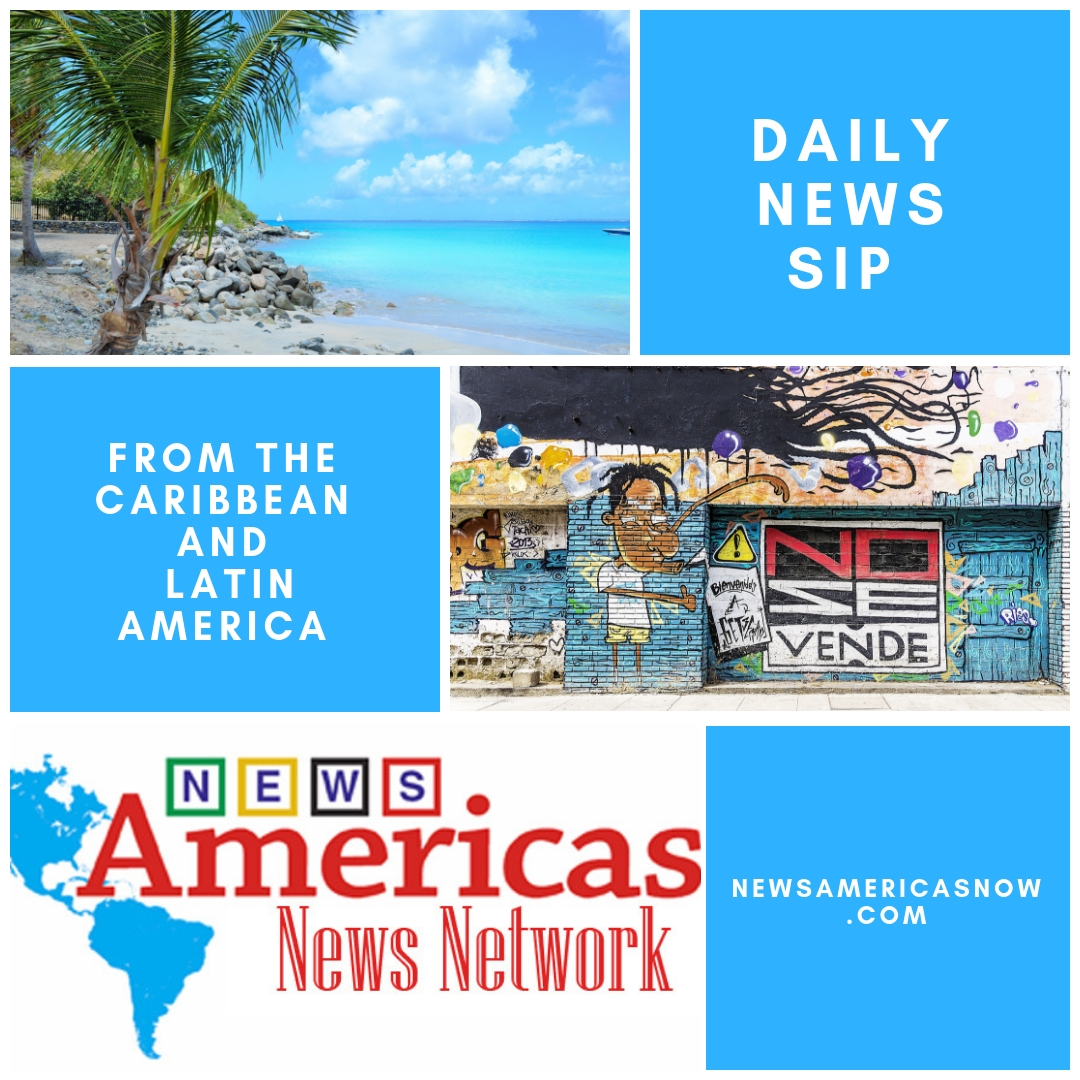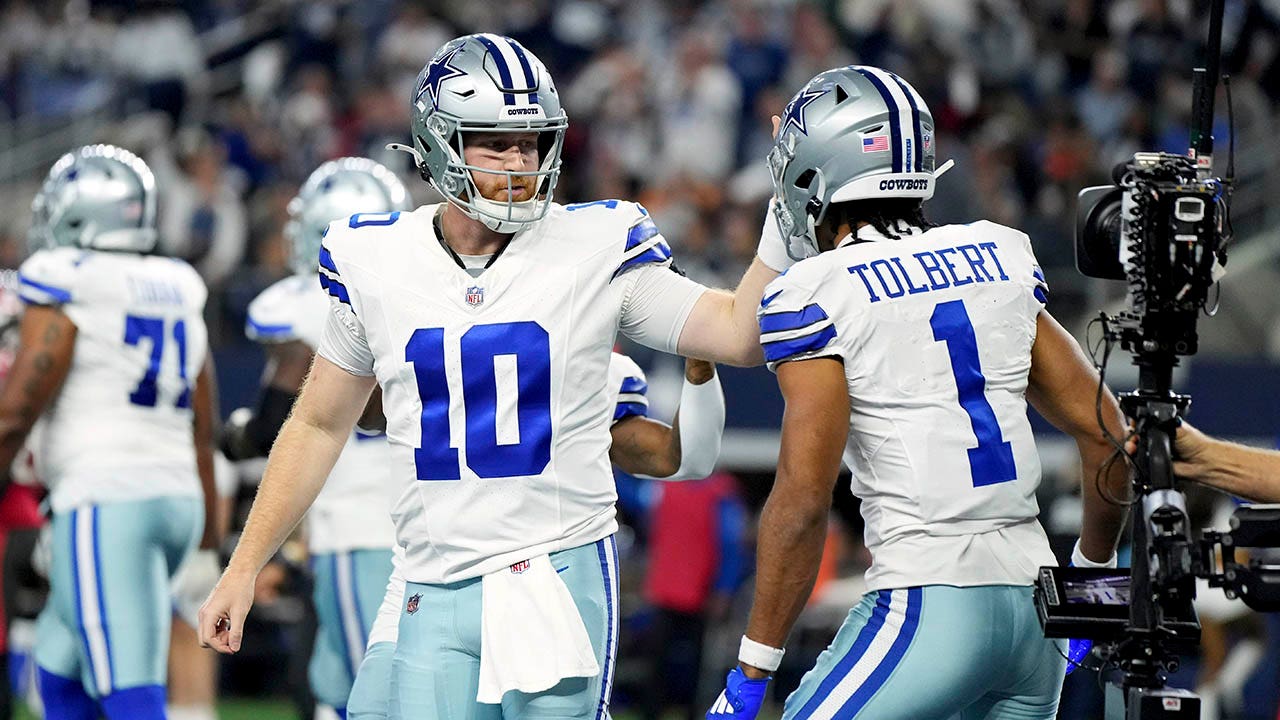The New Zealand Dental Association (NZDA) and the Cancer
Society are raising awareness of the incidence of head and
neck cancers for World Head and Neck Cancer Day today. These
include cancers of the lips, mouth, throat and salivary
glands.
New Zealand ranks with one of the world’s
highest incidence rates for these cancers, with around 500
to 550 new cases diagnosed each year. Worldwide about one
million cases are detected annually.
“The public
should be vigilant, but not alarmed. If you are aware of an
ulcer, or a red or white patch inside your mouth, especially
one that has not healed after three weeks, seek advice from
your dentist or GP,” said NZDA Head and Neck Cancer
spokesperson, Dr Hadleigh Clark, an Oral Medicine
Specialist.
“This is a very timely reminder for
people to be vigilant, and to seek help and advice if they
notice changes in their mouths. Also, head and neck cancers
may present with swelling in the neck. The HPV vaccine is
known to reduce the incidence of head and neck cancers as
HPV infection is known to be a cause of some of these
tumours. As with any cancer early diagnosis is key – it
means treatments may be less aggressive, and the chance of
cure higher,” said Cancer Society Medical Director Dr Kate
Gregory.
“The majority of mouth ulcers are due to
innocent reasons, such as having accidentally bitten your
cheek or tongue. Dentists are able to diagnose many of these
problems and can also refer a patient onwards to a
specialist,” says Dr Clark.
“Like many conditions
an early diagnosis is key to an improved outcome. And there
are preventative actions too. Smoking and alcohol
consumption are risk factors that have been proven to
increase the chances of oral cancers
developing.”
“We encourage our patients to stop
smoking: dentists are no strangers to smoking cessation and
New Zealand’s smokefree 2025 goal,” says Dr
Clark.
Many cancers of the mouth or tongue may be
painless, however they may bleed. They need to be checked
without delay,” said Dr Clark.
If you are worried at
all see your dentist or doctor in the first
instance.
The day is acknowledged by the International
Federation of Head and Neck Oncology Societies together with
over 50 head and neck societies across more than 50
countries.
© Scoop Media





















Discussion about this post